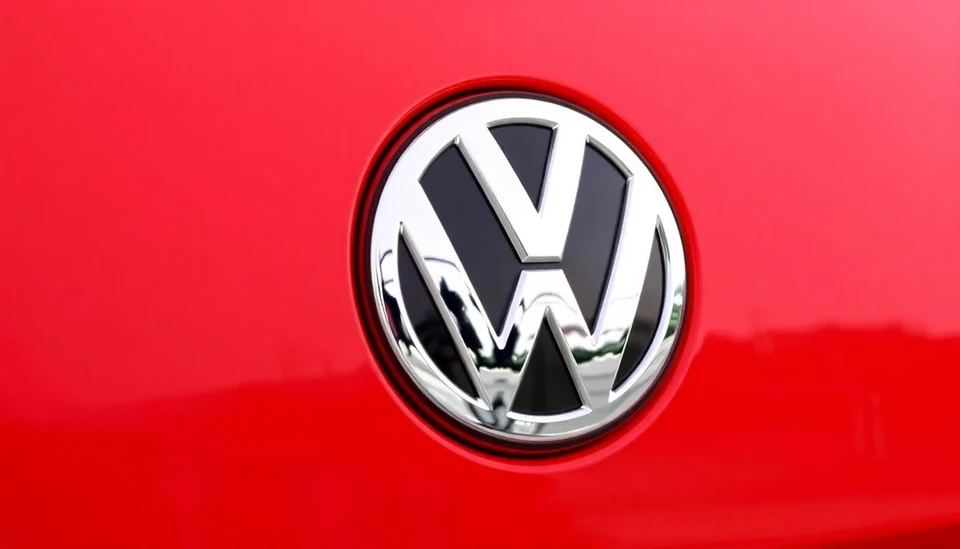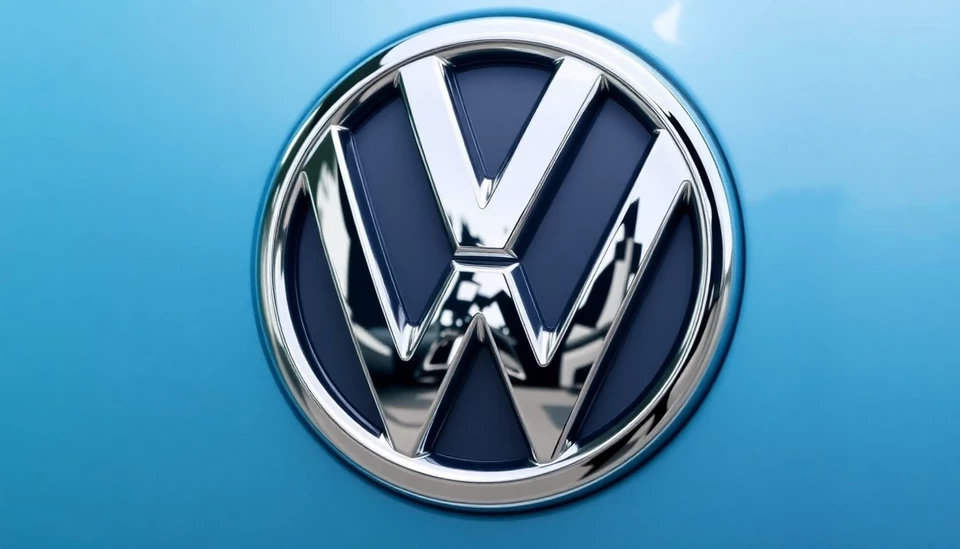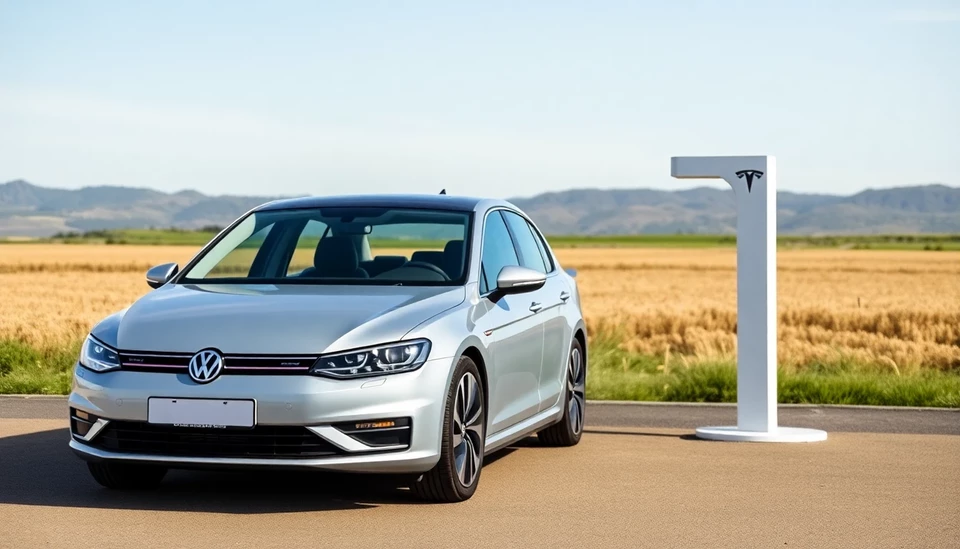
Porsche Holding, a significant stakeholder in the Volkswagen Group, has raised alarm bells regarding the automotive giant's financial health. A recent announcement indicates that Volkswagen could be facing an extraordinary impairment of up to $20 billion. This figure, which serves as a wake-up call to investors and industry watchers alike, underscores the mounting pressures the company is experiencing, particularly in the current market landscape.
The warning comes on the heels of increasing operational challenges and regulatory hurdles that have beset Volkswagen in recent times. Analysts suggest that this potential impairment could be attributed to various factors, including declining demand for vehicles in specific markets and the rising costs associated with the rapid shift towards electric vehicle (EV) production. Volkswagen, known for its diverse vehicle lineup and established brand reputation, now finds itself navigating through turbulent waters amid an evolving automotive landscape.
Insiders have noted that this substantial impairment could require Volkswagen to reassess its asset values significantly, leading to potential adjustments in financial statements that might shake investor confidence. Investors will be keenly observing how Volkswagen's management responds to this development, especially considering the company's strategic plans moving forward. The potential drop in valuation raises questions about the broader implications for stakeholders involved in Volkswagen’s complex corporate structure, including its numerous subsidiaries and partnerships.
Porsche Holding, while primarily known for its luxury sports cars, has vested interests in Volkswagen, often acting as a bellwether for the parent company’s performance. The stark warning has prompted discussions among market analysts regarding the stability of Volkswagen’s shares and the possible ripple effects on the global automotive market. “This is a significant warning sign. Investors will need to pay close attention to how Volkswagen intends to mitigate these risks and improve its bottom line,” stated one automotive industry expert.
As the automotive sector increasingly pivots toward sustainability and technological innovation, Volkswagen is not alone in facing these challenges. Other major manufacturers are also grappling with similar issues as they strive to meet international climate regulations and adapt to changing consumer preferences. Nevertheless, the scale of Volkswagen's potential impairment is particularly noteworthy given the company's size and historical standing within the industry.
In response to the warning from Porsche Holding, Volkswagen has indicated that it is actively reviewing its business strategies and evaluating its investment plans moving forward. The company is reportedly focused on accelerating its transition to electric mobility while maintaining its commitment to quality and performance across its vehicle lineup. However, achieving this balance will be critical as pressure mounts from both investors and regulatory bodies.
As 2024 approaches, the implications of this development may extend beyond Volkswagen itself, possibly influencing investor decisions within the larger automotive sector and impacting economic forecasts related to manufacturing and consumer spending. Stakeholders are urged to stay informed and prepared for potential volatility in the upcoming months as the situation unfolds.
This looming financial setback serves as a poignant reminder of the automotive industry's unpredictable nature and the inherent risks associated with significant capital investments. As Volkswagen navigates these choppy waters, the eyes of the world will be keenly focused on its next moves.
#Volkswagen #PorscheHolding #AutomotiveNews #FinancialImpairment #ElectricVehicles #InvestmentRisks
Author: Samuel Brooks




